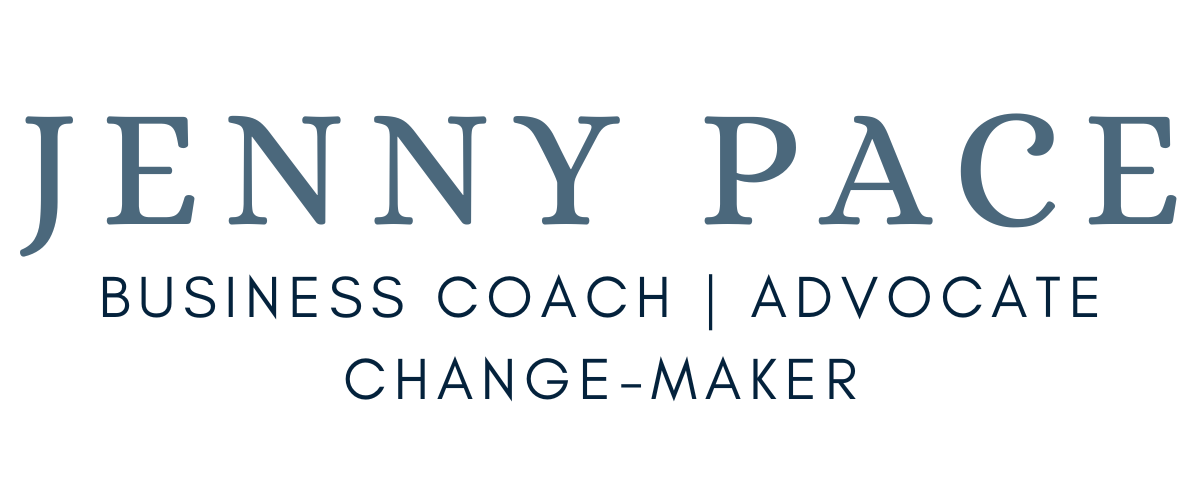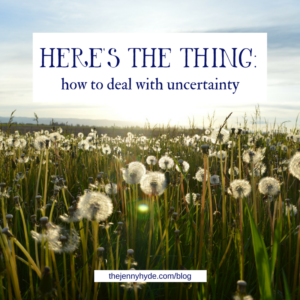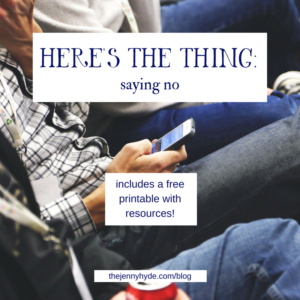 Are you really tired? As an entrepreneur. As a boss. As a creative. As a parent. As a person. It’s tiring. There’s always so much STUFF to do. Never ending. Doom-laden.
Are you really tired? As an entrepreneur. As a boss. As a creative. As a parent. As a person. It’s tiring. There’s always so much STUFF to do. Never ending. Doom-laden.
I can totally relate.
I was on holiday (honeymoon) recently and I actually got to a point of not-tired. Which was amazing! How long is it since I felt like that?!
And so obviously I wanted to keep feeling not tired, even when I got home and was back to the normal routine and pressures. One of the best things about my honeymoon (that I can talk about publicly – oo-er!) was the clarity it allowed me. Space to think. Space to reflect. No deadlines. No ‘must-do’ items. No urgency.
You know what came up five days in? I was afraid of getting tired. Deeply afraid. Like it would break me to get even a little bit tired.
What I thought of as ‘tired’ was actually ‘totally burnt out with nothing left’.
Lightbulb moment!
Tired is not bad.
Tired is not failing.
Tired doesn’t mean I’m not fit enough, strong enough, good enough.
It means I need to rest and receive. It means I’m human.
Because I’ve frequently pushed myself beyond merely ‘tired’ and into ‘burnout’, I’ve become afraid of tired. But tired is fine and natural and enjoyable when it works. When it asks for rest and respite and is allowed.
I see so much pressure in the online world, on social media, among creative entrepreneurs, to hustle and get it all done and be total and utter superheroes. The answer to productivity? Schedule everything to within a millisecond! Not getting the sales? Work harder and longer! Something you’re not sure about? Worry until your body is shot through with adrenaline fatigue and the effects of long-term stress.
You know what? I don’t see respect for our humanness in that.
What if we respect tired more?
What if we acknowledge that the response to tired isn’t more caffeine or a tighter schedule or more sugar and carbs and Buddha bowls?
The natural response to tired is rest.
Somewhere along the way, we forgot.
If you, like me, have been on the brink of breakdown or quitting or burnout, will you look at your relationship to tired?
Here’s the thing: dealing with tired means we can deal with everything else
How does your body tell you it’s tired?
How does your brain tell you it’s tired?
(I’ve noticed that my brain often gets tired first, so walking or running or yoga helps my body to take over for a while, so my brain can rest. There’s no point sleeping when my body’s pumped, even if my brain thinks it’s ready for sleep.)
Where can you find, schedule, and commit to resting your weary brain, body, heart and soul?
What’s the moment you could take your foot off the pedal so that tired doesn’t turn into burnt out?
Which expectations do you need to let go of? When do you tell yourself you ‘should’ keep going, even when your body is telling you it needs to stop?
Who do you need to follow or unfollow to encourage your healthy relationship with rest and humanness?
Here are some of my favourite resources:
- A Life of Being, Doing and Having Enough by Wayne Muller
- Cook’s Organics‘ Sweet Dreams Magnesium Cream
- Neal’s Yard Beauty Sleep Concentrate
- Insight Timer for meditations
- Mara Glatzel on rest – check out her blog, subscribe to her newsletter and sign up for her virtual retreat this weekend.
- Rachel Cole on being human and taking care of your hungers.
You know what else helps? Connecting with other people who treasure rest. Who value it and recognise that we’re worth the rest we need, no matter what. But sometimes we have to stand up to the whole world that tells us we have to earn it in a plethora of ways.
If you need encouragement, I’m here. If you need strategies, I’m here. If you need to talk it through or work on how to stand up to others or figure out how to grow your business without burning out, I’m here.
We can do this. (And I don’t mean hustle hard.)
Jenny xx




